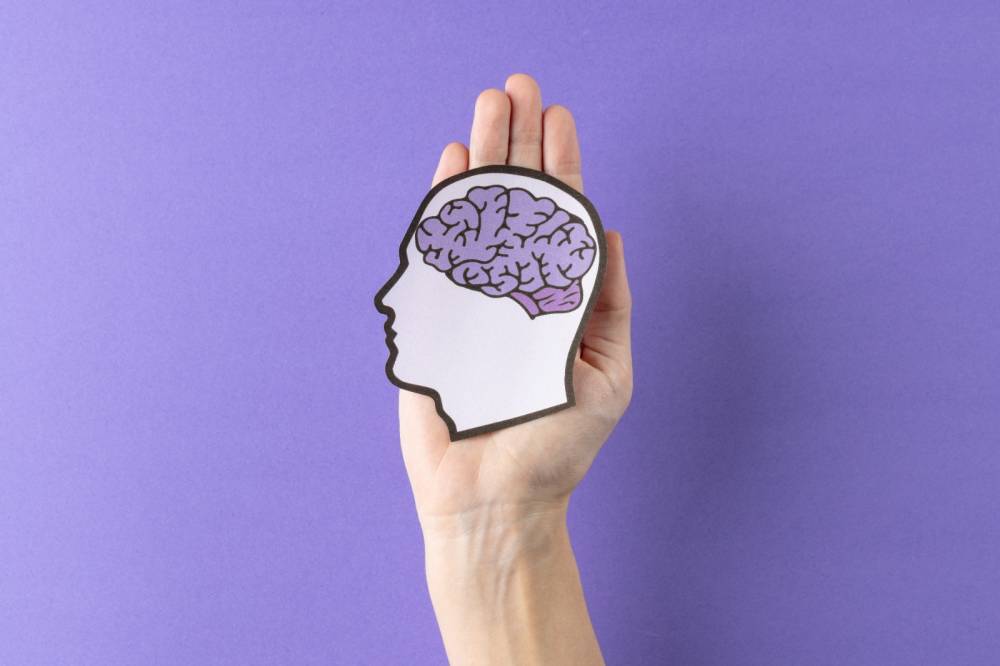Fear and misconceptions keep families from seeking mental health support for children, says paediatrician
Many people stigmatise families with a history of mental health conditions, unfairly linking them to specific demographics.

Photo illustrated by Sinar Daily
The persistent stigma surrounding mental illness, compounded by misconceptions that it’s a sign of weakness or linked to certain demographics, is preventing children from receiving the vital early intervention they need.
While highlighting genetics as a contributing factor to mental illness, she pointed out that many people stigmatise families with a history of mental health conditions, unfairly linking them to specific demographics.
"Because of this stigma, children are not receiving the necessary support and treatment, which perpetuates the cycle of mental health issues," Dr Lim said.
She also highlighted another common misconception about mental illnesses where children with existing mental conditions could grow out of their mental health issues, which she said was not true.
Dr Lim emphasised the need for reaching out for medication, therapies, and family support groups as part of early intervention.
"Early intervention often involves approaches to ADHD (attention deficit hyperactivity disorder) and autism with EIP (Early Intervention Programme).

Sri Kota Specialist Medical Centre Consultant Paediatrician Dr Bernice Lim Pei-Yi
"When they are diagnosed early, they receive interventions early as a prevention step for the escalation of their symptoms," she said.
She said among the symptoms of children with mental health conditions that could be looked out for were increased aggression, social withdrawal, withdrawal from social interactions, a noticeable drop in their academic performance or refusal to go to school.
"We don't want bullying cases such as what happened to the UPNM (Universiti Pertahanan Nasional Malaysia) case," she said, adding that cyberbullying and bullying at school could lead to increased mental illnesses among kids.
She reminded that school bullying activities also include disproportionate punishments from teachers, such as showing favouritism. Physical symptoms included headaches, stomach aches, back pains, and a lot of unexplained physical symptoms.
"It would be a manifestation of a mental health disorder among children," she said.
She concluded that children, typically associated with an interest in playing and having fun but showing the opposite while also losing sleep and showing a significant change in their appetite, are important signs where parents and teachers should be take note of and seek help.












